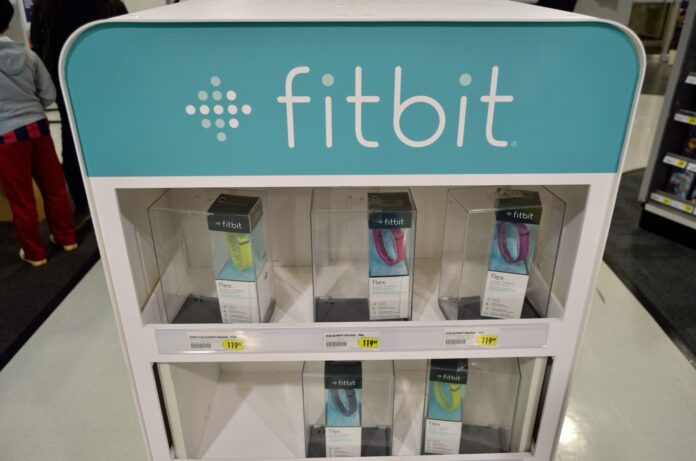Smartwatches could help prepare patients for major surgery, improving their recovery, researchers at The Christie NHS Foundation Trust in Manchester have found in a study sponsored by The Univesity of Manchester.
Preliminary results, from what’s believed to be the first monitored remote pre-habilitation programme in the UK, are promising and could improve recovery by a third.
The surgical research team at the leading cancer centre has just completed the fourth phase of the study to discover if, by using a Fitbit smartwatch, it can improve a patients’ fitness pre-surgery enabling better recovery and a shorter stay in hospital post-op.
The trial initially started in May 2019, and recruited 22 patients who were scheduled to have major abdominal surgery at The Christie for appendix cancer. Half the patients were given an exercise programme to suit their abilities and half were told to continue to just do their normal level of activity.
The cohort was constantly monitored remotely to ensure they were completing the daily activities they’d been set, and the research team also called them weekly over their 4-6 week pre-habilitation period. Having the FitBit increased compliance and reduced hospital visits, which benefited patients, particularly those that didn’t live locally.
Feedback from the participants found the Fitbit wearable devices encouraged them to complete their exercises as they could easily see their progress towards their activity goals.
Mr Omer Aziz, consultant surgeon at The Christie and Honorary Lecturer at The University of Manchester who is leading the study, said: “To the best of our knowledge this is the first research into using smartwatch technology to benefit patients’ outcomes post-surgery. This novel approach could mean more patients are fitter for surgery resulting in a shorter recovery time and therefore less days in hospital, which not only benefits the patient but saves the NHS money. Using this method is also more convenient and safer for patients as they can do their pre-habilitation at home, avoiding a trip to hospital. During the pandemic this has, of course, been even more beneficial.”







